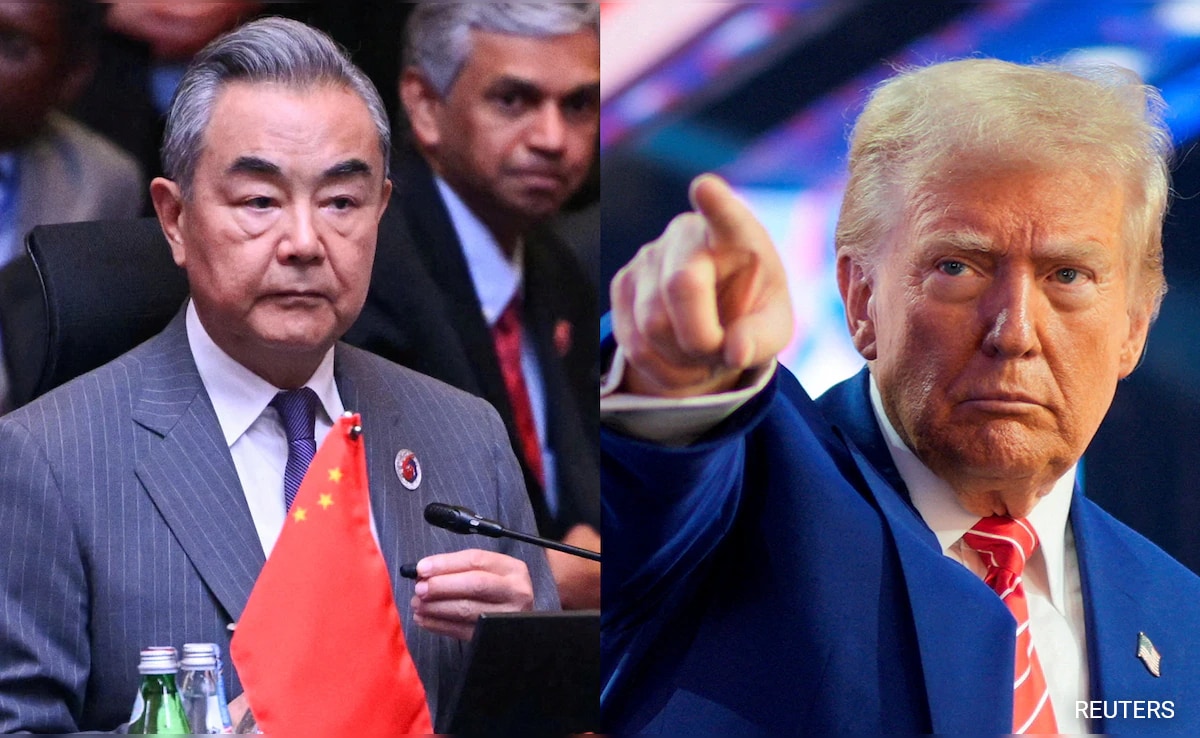Or so it was before the coronavirus pandemic. This month, South Korean officials reinstated a curfew on bars, clubs and restaurants in an effort to slow the spread of the virus, which had reached record levels before falling in recent days.
The measure â which at 9 p.m. boots diners and drinkers onto the streets and subways â is set to last at least until Jan. 16, or long enough to bar those born in 2003 from the usual coming-of-age celebration in a country with a robust drinking culture. (South Korea has higher rates of âheavyâ drinking compared to the United States, according to the World Health Organization.)
With rowdier plans thwarted by the curfew, Kim Ji Yu, who is set to turn 20 in Korean years on Saturday, is planning a video call with her friends on Friday night to talk about which drinks they want to try on Jan. 1. After midnight, Kim said, sheâll probably buy some drinks from a convenience store and play games with friends at home.
âIf it werenât for the pandemic, Iâd be spending Friday night at a beer pub with friends drinking and trying all kinds of anju like grilled pork belly, [ramen] and dried pollock,â Kim said, listing out foods that typically accompany alcohol in South Korea.
In South Korea â where seniority often dictates oneâs role in society â the unique age system often puzzles those unfamiliar with the practice, which has roots in Confucianism, said Choi Sun Jong, an expert on youth culture at Kyonggi University, just outside Seoul. Age in South Korea starts at 1 year old, so âeven for someone born on Dec. 31, the next year they will be 2 years old.â
Japan scrapped a similar way of measuring age last century, opting for the more common system based on a personâs date of birth. A Korean lawmaker tried in 2019, unsuccessfully, to make the same shift.
Kim Ha Eun, who will turn 20 with the start of the new year, said that her female friends âfantasize about finally putting makeup on like mascara and eyeliner, dressing up and going outâ as they step into adulthood.
South Korean students are normally so consumed with studying for the college entrance exam, Kim Ha Eun said, âthey donât have time to beautify themselves or even go out much.â But around New Yearâs, âthe exams are over and people are preparing to greet the new year as a new adult. I think thatâs what turning 20 symbolizes.â
âI just feel sad for them,â said Park Hyo Ju, a law student who is biologically 34 years old. Staying out late â and legally â for the first time in bustling Seoul districts such as Hongdae and Gangnam is a âbig deal,â she said.
In a city where nightlife often stretched into the early morning hours before the pandemic, a nine oâclock curfew is âso early.â
For those who canât wait until Saturday night to get their first drink, a handful of bars in Hongdae, an area popular with college students, said they would open at 5 a.m. on New Yearâs Day, allowing the 2003 set a jump-start on the dayâs celebrations.
The global pandemic left weddings, funerals and graduation ceremonies postponed or canceled, but particularly threw young peopleâs lives off kilter, according to experts and polling on the matter. A poll released this month in the United States found members of Gen Z were the most stressed by the pandemic, with young people citing its toll on schooling, social lives and relationships.
Choi, the university professor, said that turning 20 in South Korea is associated with graduating from high school and transitioning into adulthood. âThese young Koreans want to independently make their own decisions and take responsibility for them,â he said, noting that they grew up in a society that is relatively family-oriented.
Monica Kim, a spokeswoman for South Koreaâs Ministry of Health and Welfare, said Thursday that the government had not decided on whether the curfew would be extended. âIt is a possibility,â she said, adding that the government takes into account the impact of such policies on culture, education and the economy.
The curfew was reinstated just weeks after South Korea had eased it under a plan to âlive with covid,â allowing bars and clubs to stay open until midnight, with hopes of gradually removing restrictions altogether. Its return drew protests from merchants, who said governmental compensation would not adequately make up for lost business.
.png)











 English (United States) ·
English (United States) ·  Turkish (Turkey) ·
Turkish (Turkey) ·